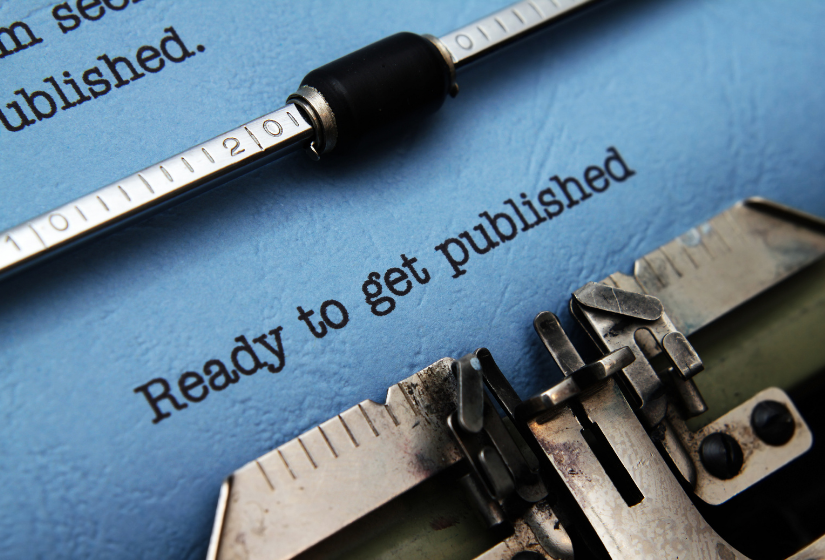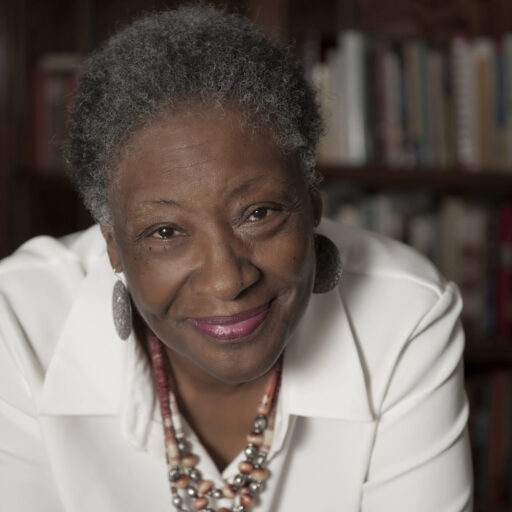
The publishing industry is a complicated industrial complex with many different players.
I like to talk honestly with those who want to write about how the industry works and why it can be so difficult to get published.
You’ve written your book. Publishing professionals, writers you respect, writing teachers, and readers sing its praises. But you can’t get an agent, or your agent can’t get a contract with one of the Legacy Big Five Publishers (Penguin/Random House, Hachette Book Group, Macmillan, Simon and Schuster, Harper Collins). Why?
1. We are living in a time when there is a glut of strong writers with well-written stories. Writers of all ages and backgrounds, races, and experiences. For the large publishers, it is a buyer’s market. While there are nearly a million self-published books released each year, and many of them pretty good, each year the Big Five publish about 50,000 books. So that is a million writers theoretically competing for 50,000 slots. Clearly, I am overstating the case but not by much, because many of those million self-published authors had dreams of a contract with a major publisher. There are simply more books written than the publishing industry can print.
2. There is a built-in bias in the publishing industry for “hot topics” famous people, the latest social or political trend, writers with huge social media platforms, writers who have been published in prestigious journals, or who have won awards.
3. The industry favors the young new writer under forty.
4. Your novel though was well written may not possess the indefinable yet very real “magic dust” that makes editors in the words of one editor “fall in love with it.”
5. Editors may decide (arbitrarily and often wrongly) that there is no audience for your book. This is a perpetual reality in an industry that is overwhelmingly white, upper class, college-educated, and whose major decision-makers know very little about the lives and reading tastes of those who are not white, upper class, and highly educated.
6. Your book may be ahead of its time. It is not at all unusual for a book to be written at a time when the culture and the reading public are not ready for it.
7. Your book does not sound, look, read, or feel like the last book that was a major commercial or critical success. Publishers are often wedded to publishing what they know, “the sure thing” rather than taking a chance on the new.
I write this not to depress you but because it’s important to know how the industry that you want to be a part of works. Keep writing. Believe in your project. The Big Five Publishing companies are only one part of an increasingly diverse industry. There exists a galaxy of smaller presses and publishers, many of which publish books that they think are important to get into the hands of readers. And they publish these books with little concern that the book is commercially successful. Yes, some publishers publish worthy books because they believe the bottom line is not the only arbiter of a book or a writer’s “success”.
And yes, self-publishing is increasingly a viable and respectable option. If you are ready to self-publish the book that you devoted your precious time to, signup for my upcoming webinar, “Self-Publishing A-Z: Move from Dream to Book-in-Hand.” I’ll see you there!

Marita Golden is the author of over 20 works of fiction and nonfiction. She is Co-founder and President Emerita of the Zora Neale Hurston/ Richard Wright Foundation. As a teacher of writing, she has served as a member of the faculties of the MFA Graduate Creative Writing Programs at George Mason University and Virginia Commonwealth University and served as a Distinguished Visiting Writer in the MA Creative Writing Program at John Hopkins University, and at the University of the District of Columbia. She has taught writing workshops nationally and internationally to a variety of constituencies and is a writing coach, workshop presenter, and literary consultant.


